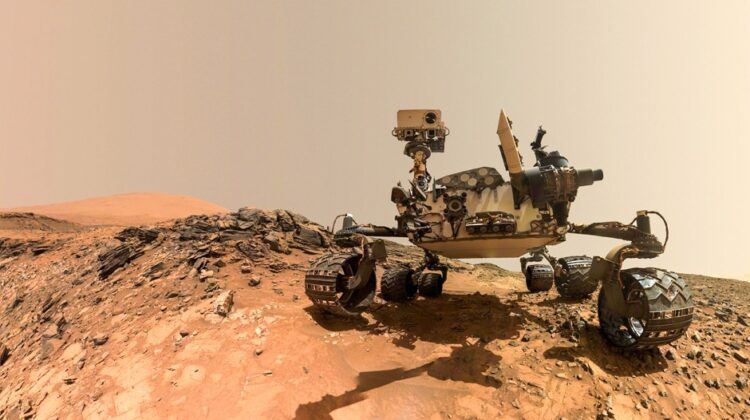
The Red Planet has long captivated our imaginations, sparking countless questions about the possibility of life beyond Earth. As we continue to explore Mars, one of the most pressing questions remains: Can we detect signs of life, past or present, on this distant world?
The Challenge of Detection
Detecting life on Mars is a complex task, made even more difficult by the harsh Martian environment. Current Mars mission instruments, while advanced, may not be sensitive enough to identify subtle traces of life, especially in ancient rock formations.

A recent study published in Nature Communications highlights this challenge. Researchers analyzed samples from the Red Stone region of the Atacama Desert, a terrestrial analog for Mars, and found that even with sophisticated instruments, detecting organic biosignatures was difficult. This suggests that current Mars rovers, such as Perseverance, may not have the necessary sensitivity to identify similar signs of life on the Red Planet.
The Search for Water and Organic Molecules
Water is essential for life as we know it, and the presence of liquid water on Mars in the past is a strong indicator that the planet may have once been habitable. Missions like Curiosity and Perseverance have detected organic molecules, the building blocks of life, in Martian rocks. However, these molecules could have been delivered to Mars by meteorites or comets, making it difficult to determine if they have a biological origin.
The Role of Future Missions
Future missions to Mars, such as the European Space Agency’s ExoMars rover, will carry more advanced instruments capable of detecting even smaller traces of life. The MOMA instrument, for example, is designed to analyze Martian soil samples for organic molecules, while the SOLID-LDChip can detect specific biosignatures.
While the challenges are significant, the potential rewards are immense. Discovering evidence of past or present life on Mars would revolutionize our understanding of the origins of life and the possibility of life elsewhere in the universe. As we continue to explore the Red Planet, the quest for life on Mars remains one of the most exciting and ambitious endeavors in human history.


Leave a Reply